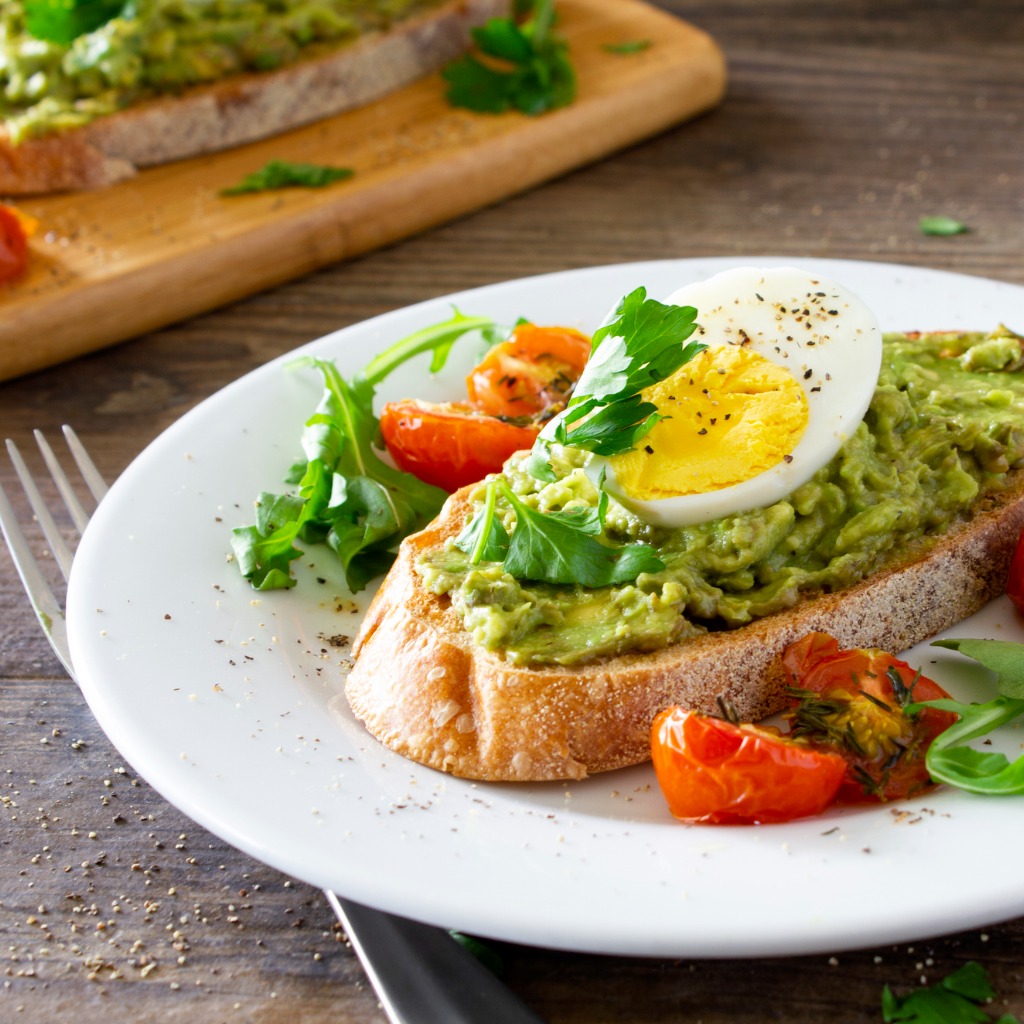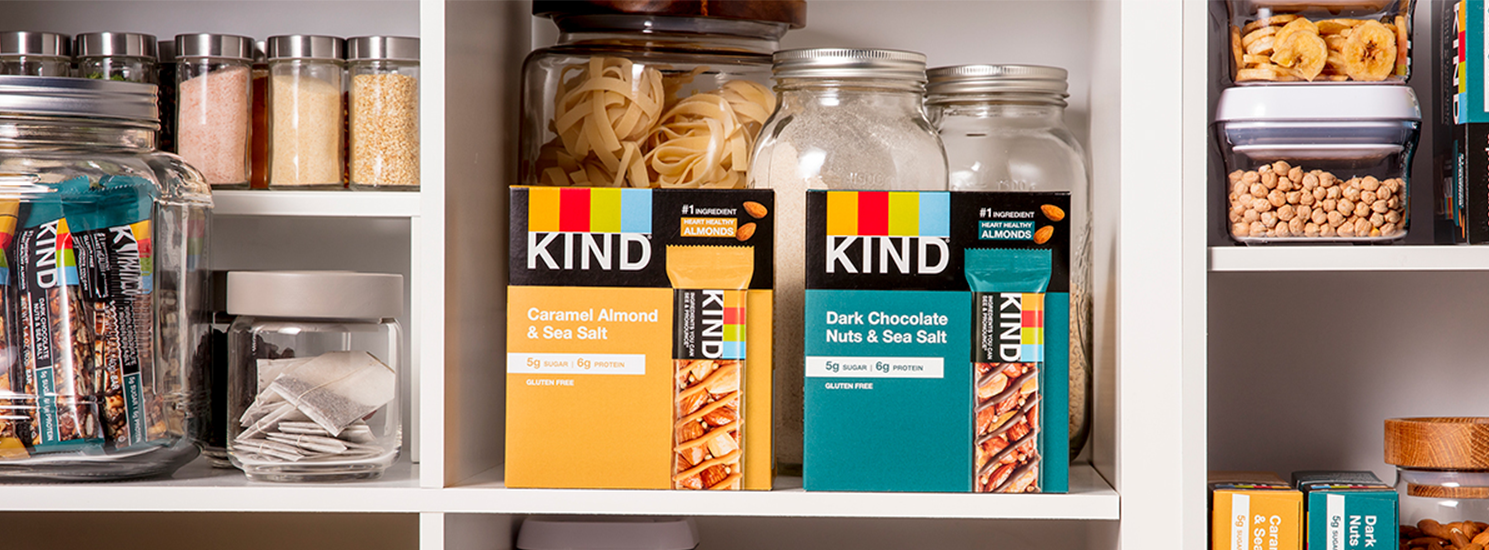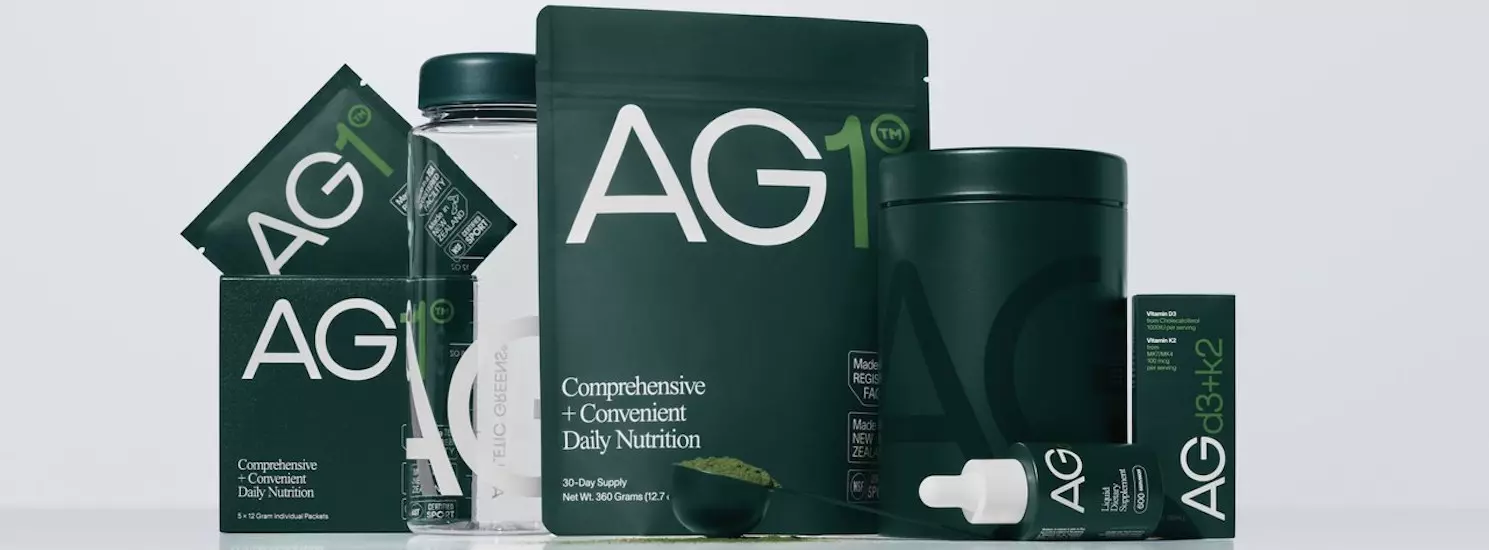As a first responder, you face tough challenges on the job every day. Not only do you push yourself physically more than most, but you’re also subject to unique psychological stressors that can negatively impact mental and emotional health. For these reasons, good nutrition for first responders is crucial.
Fueling your body with the right foods in the right way will give you the energy you need for the job, keep hunger pangs at bay, and even increase your body’s ability to manage stress.
Eating well all the time can be a hassle – we know that. Enter Science-backed nutrition hacks! The tips and tricks below will help keep you energized, satisfied, and stress-resistant, enabling you to keep giving your all for your community while also taking care of yourself.
Nutrition for First Responders: Macros, Macros, Macros
All three macros – carbohydrates, fat, and protein – have unique advantages when it comes to increasing energy levels and feeling fuller for longer. Try to include all three macros in your meals and snacks for sustained energy that won’t let you down.
Swap complex carbs for refined carbs
Carbohydrates are great at quickly providing the body the fuel it uses most – glucose. One simple hack for more sustained, longer-lasting energy: swap out foods made with refined white flour and sugar for foods made with complex carbs like beans, grains, legumes, and vegetables. Complex carbs take longer for the body to digest, reducing blood sugar spikes and crashes associated with simple carbs and leading to more sustained energy over time. Start with simple swaps like whole grain pasta and bread for white pasta and bread.

Thrive Market
Free membership for First Responders! Get healthy, natural products from your favorite brands at wholesale prices.
Reach for protein-rich snacks
Of the three macros, protein provides the highest satiety, meaning you feel fuller longer after eating compared to carbs and fat. That’s why protein bars, protein shakes, nuts and seeds, Greek yogurt, and other protein-rich foods make great, satisfying snacks when you need to keep your energy up in between meals.
Pour on the (right) fats
The right fats in your diet can do wonders for your body (like helping you reduce disease and even live longer), and they’re a great source of energy. Medium-chain triglycerides (MCTs), a type of fat naturally found in coconuts and other foods, are especially good at providing energy fast. Unlike most fats that are mainly metabolized in the small intestine, MCTs are primarily processed by the liver where they’re broken down for more readily available energy. MCTs are popular with people on a keto diet, but you don’t have to be low-carb to enjoy its benefits. Incorporate MCTs into the foods you already eat, like salads, oatmeal, shakes, and even your morning coffee. MCTs are found in:
- Coconut oil
- Full-fat milk (from cows, sheep, or goats)
- Commercially purchased MCT oil supplements
Science-Backed Hydration Hacks
Staying hydrated plays a vital role in nutrition for first responders, especially those in a physically demanding role. Dehydration can lead to higher stress through increased cortisol levels, reduced cognitive function, and fatigue. Try these hacks for healthier hydration so you can perform at your best.
Upgrade your water bottle
Smart water bottles, like Hidrate Spark, connect to your phone and keep track of your water consumption so you know you’re getting enough every day. It’s not just a gimmick; research shows using a smart water bottle is positively associated with increased water intake.

HidrateSpark
First Responders get 10% Off the smart water bottle that does it all!
Add a little salt
Sometimes hydration isn’t just about water but electrolytes. These critical minerals, including sodium, potassium, and calcium, are essential for the proper functioning of the human body. If you’ve been sweating a ton on the job, make sure you replace electrolytes lost through sweat. You can skip the electrolyte powders and drinks like Gatorade and DIY instead – simply add a pinch or two of table salt into your next cup of water and chug it down. (If you don’t like the taste, add some maple syrup, fruit, or lemon juice to make it more palatable.)
Eat your water
Yes, it’s possible to eat your water! Foods already contribute a significant amount of water to total water intake in the average diet. Fluids are the best, most efficient way to hydrate, but choosing foods with a high water content is another way to boost hydration. Cucumbers, strawberries, and peppers are each over 90% water. And, surprise! Proteins like chicken, chicken eggs, and salami are 60-75% water.
Stress-Busting Nutrition for First Responders
Food and stress are connected, there’s no doubt about it. Feeling stressed can make you unconsciously reach for foods that aren’t good for your body. But the right stress-busting nutrition for first responders can help you manage stress better at the cellular level. Here’s how.
More to Discover
A prominent sleep researcher offers expert sleep tips for people with high-stress jobs. Learn how to get the rest you deserve!
Eat foods that lower cortisol
Cortisol is the body’s main stress hormone, and research shows that chronically elevated cortisol levels lead to weight gain, high blood pressure, fatigue, and more. One way to reduce cortisol in the body is to eat foods that have been linked to lower levels, including polyphenol-rich dark chocolate, L-theanine-rich green tea, and omega-3-rich fish oil.
Feed your gut microbiome
Did you know that over 90% of serotonin is produced in the gut? Serotonin, the “feel good” hormone and neurotransmitter, also helps modulate the body’s stress response via the hypothalamic-pituitary-adrenal (HPA) axis. Research suggests that diversity in the gut’s bacteria is crucial for maintaining strong serotonergic pathways and staving off stress. So support your gut with prebiotics (the foods bacteria eat, like fibrous vegetables and whole grains) and probiotics (foods that contain healthy bacterial cultures, including fermented foods like yogurt, sauerkraut, and kimchi).
Prebiotic foods:
- Jerusalem artichoke
- Garlic, onions, and leeks
- Asparagus
- Apples
- Bananas
- Oats and whole grains
Probiotic foods:
- Yogurt
- Sauerkraut
- Kimchi
- Soybeans
- Kombucha
- Pickles
Bonus: A healthy gut better absorbs vitamins, including energy-boosters like vitamins B and K.
Add adaptogens
Adaptogens are natural substances derived from plants and fungi that have long been used in herbal and traditional medicine practices. Adaptogens help with energy, mood, and stress levels, which they mediate through complicated pathways associated with the HPA axis. No wonder they’ve become popular as a supplement! You can easily include adaptogens in your diet through adaptogen-rich beverages, powders, or pills.
Fueling Your Body to Do Your Best
Nutrition for first responders is vital, but eating right can be a challenge, especially in a high-pressure, high-stress job. But making good choices around food, snacks, and hydration can make a huge difference in how you perform and how you feel, both physically and mentally.
We hope these hacks help you to increase your energy, stay full for longer, and reduce stress, so you can bring your best self to the important work that you do.

Erin Danly is a freelance writer whose work focuses on marketing content and verbal branding for B2B and B2C clients. Before turning to writing, she was a pastry chef and a psychology lab manager at Columbia University. Erin lives with her family in Mt. Pleasant, SC.







